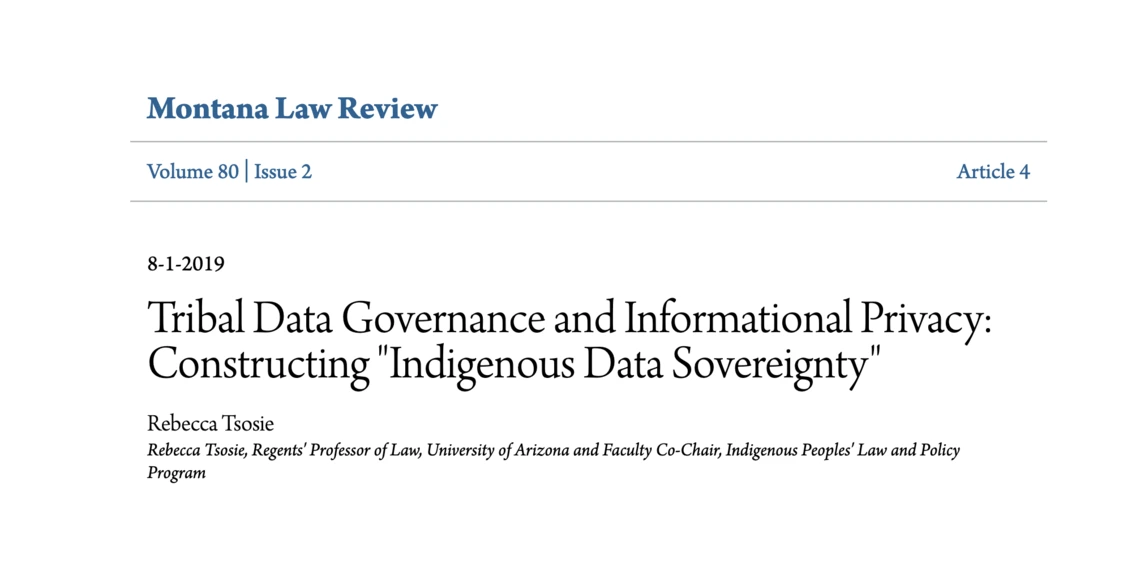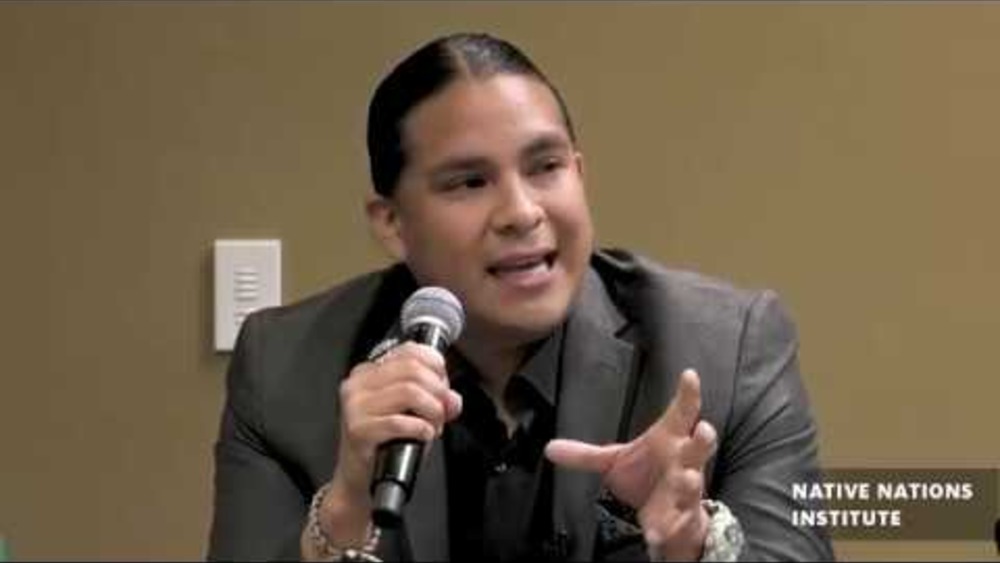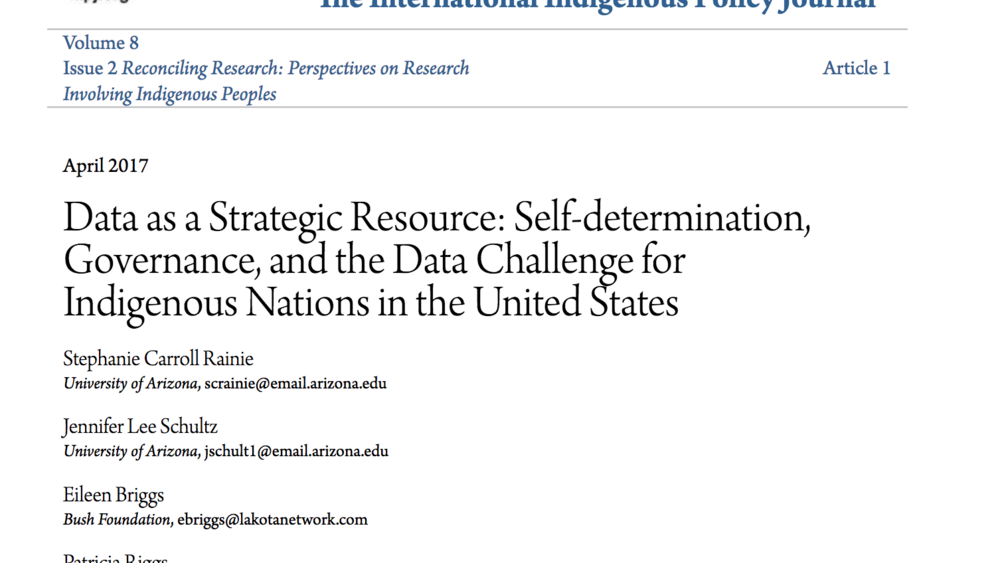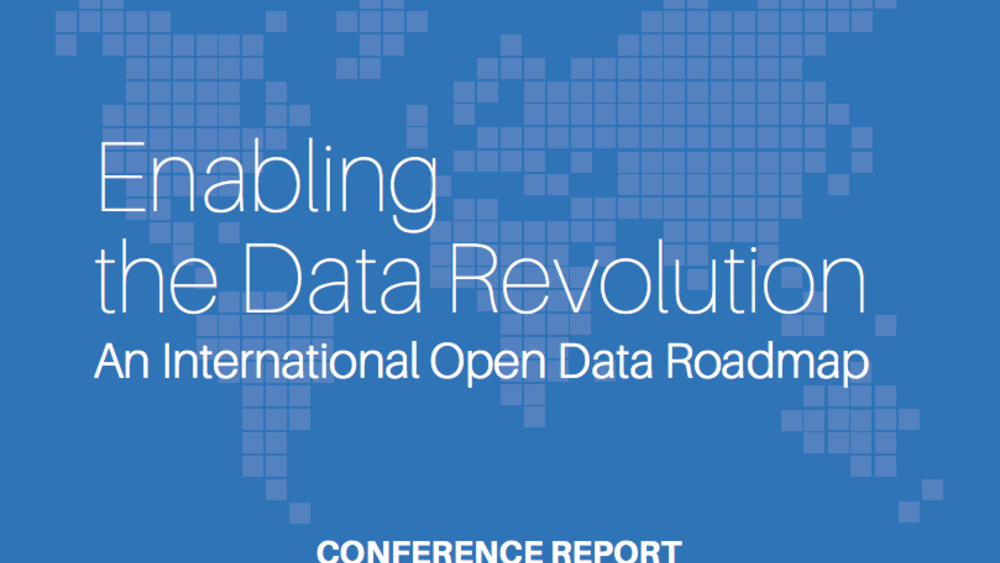There is a growing movement among Indigenous peoples to assert aright to “Indigenous data sovereignty,” and yet, the term “data sovereignty” is not widely understood. What does it mean to control the collection, useand management of information in an era of “Big Data,” in which digital technology transforms knowledge into electronic form, to be freely used and traded, and, sometimes even commodified? More importantly, what arethe interests of Native nations and other Indigenous peoples in these topics? Is political status tied to governance authority? If so, who controls the termsof data sovereignty—the Indigenous nation or the nation-state?
Additional Information
Rebecca Tsosie,Tribal Data Governance and Informational Privacy: Constructing "Indigenous Data Sovereignty", 80 Mont. L. Rev. 229(2019).




